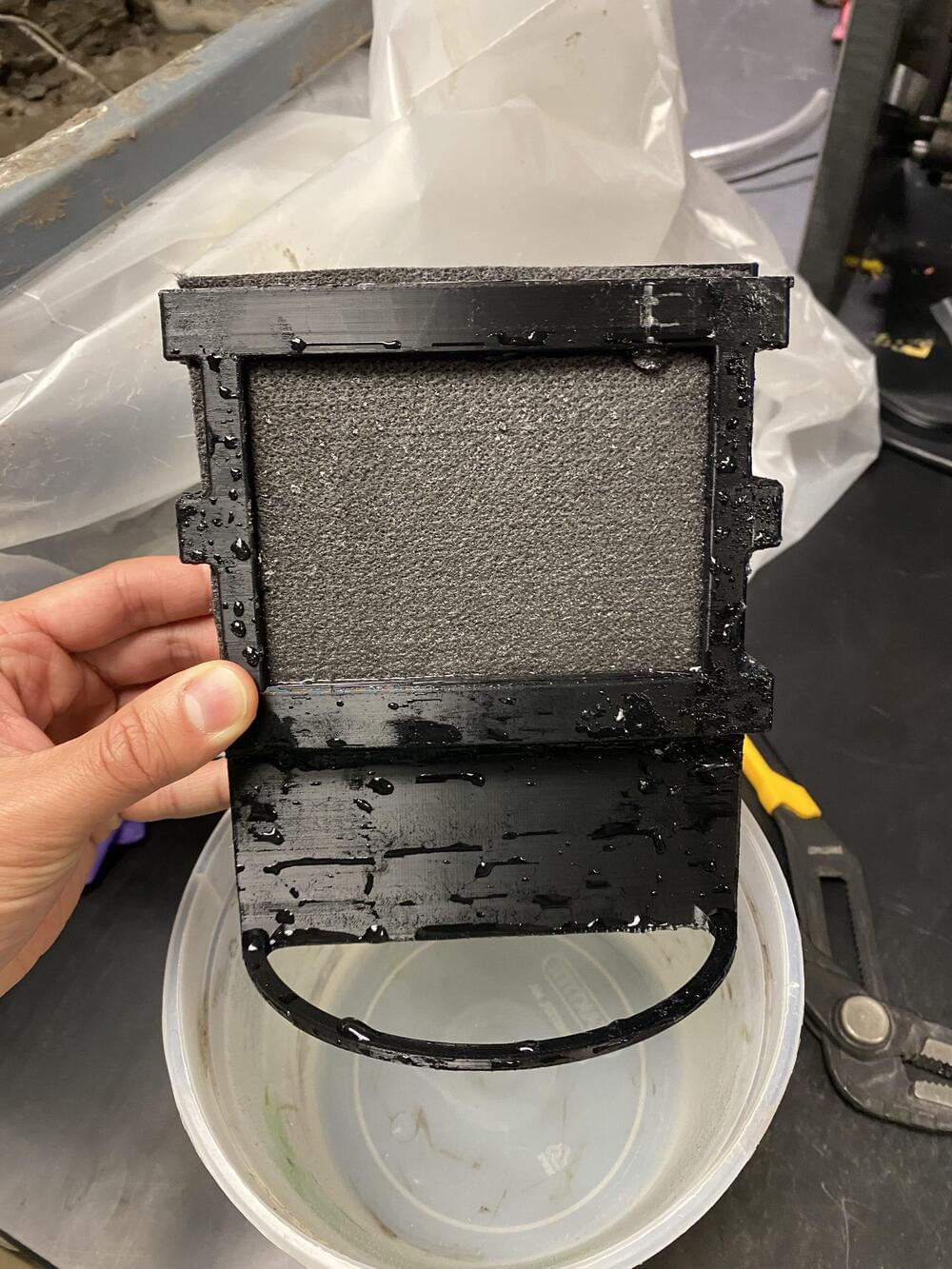A Northwestern University-led team of researchers has developed a new fuel cell that harvests energy from microbes living in dirt.
About the size of a standard paperback book, the completely soil-powered technology could fuel underground sensors used in precision agriculture and green infrastructure. This potentially could offer a sustainable, renewable alternative to batteries, which hold toxic, flammable chemicals that leach into the ground, are fraught with conflict-filled supply chains and contribute to the ever-growing problem of electronic waste.
To test the new fuel cell, the researchers used it to power sensors measuring soil moisture and detecting touch, a capability that could be valuable for tracking passing animals. To enable wireless communications, the researchers also equipped the soil-powered sensor with a tiny antenna to transmit data to a neighboring base station by reflecting existing radio frequency signals.










Comments are closed.